Did You Know?
Approximately 321 million people in the world speak French.
Key Information
Qualification
A-Level
Duration
Two Year Course
Examination Board
AQA
"Studying a language, in my opinion, improves the way people articulate their speech because in order to be understood in a new language, you have to be precise in your mother language in order to communicate better." - Solane Pauni, Mount St Mary's
Key Employability Skills | ||
| Active Learning | Effective Communication | Critical Analysis |
Qualification
A-level
Assessment
100% Exam
Paper 1: Listening, Reading and Writing (50% of A level mark)
Listening and Reading comprehension on Social Issues and Trends and Artistic Culture and Aspects of Political Life; translation into English and into French.
Paper 2: Writing (20% of A level mark)
2 essays on the literary text ‘No et moi’ and the film ‘Au revoir les enfants’.
Paper 3: Speaking (30% of A level mark)
Discussion of a sub-theme from the topic areas Social Issues and Trends and Artistic Culture and Aspects of Political Life based around a stimulus card.
Presentation and discussion of individual research project.
Further details and the full AQA French specification can be seen here.
What do I need to study this course?
You will need a grade 6 in GCSE French.
What will I study?
This motivating course enables you to develop your knowledge and understanding of the French language and culture, and acquire transferable language and study skills. The course covers political and social issues such as homelessness, immigration, multiculturalism, and the artistic culture of France and French-speaking countries (music, cinema and heritage). You will write essays on the literary text “No et Moi” and the film “Au Revoir les Enfants” and have conversation lessons with a native speaker. You will develop your research skills in undertaking an independent project for your speaking exam. You will be able to experience French culture yourself by participating in a trip to France.
What next?
At university, French can be combined with another language or with many other subjects such as Law, History, and even Physics. Many university courses feature a year working or studying in a French-speaking country. French is good proof of the “breadth” required by universities seeking to recruit, for example, medical students. Knowledge of another language makes you more employable, being highly sought after by British businesses, and can lead to a wide range of careers.

 Website By Rejuvenate Digital
Website By Rejuvenate Digital